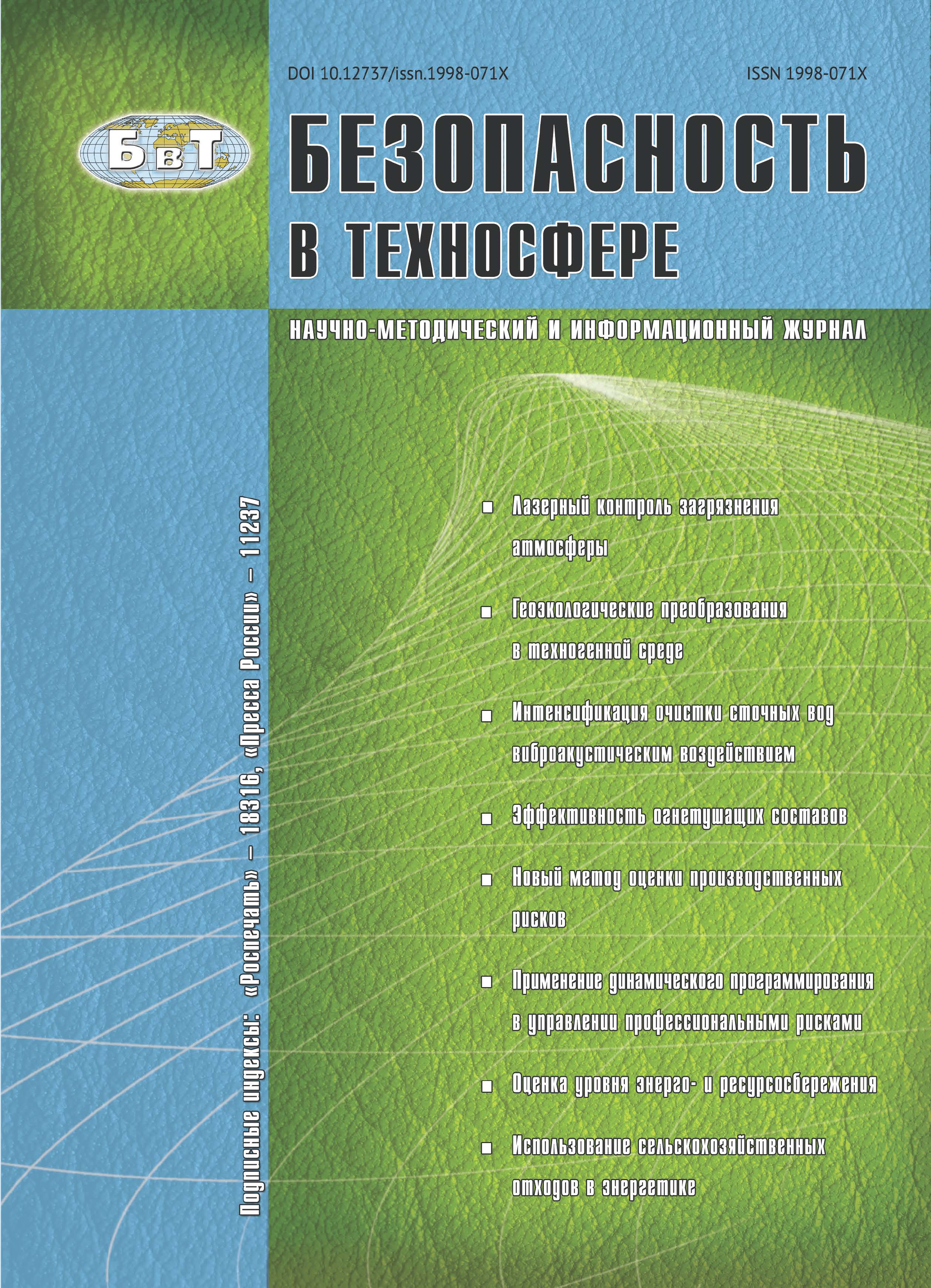Open joint-stock company “Gazprom” (IT department, leading developer)
Novardis Consulting LLC (Consultant of SAP Project)
Dolgoprudnyy, Moscow, Russian Federation
In this paper an integrated approach to a problem related to minimization of gas supplier’s reputation losses connected with accidents on a gas pipeline and disruption of gas delivery to a consumer with the help of smart contracts is stated. Nowadays analysts and methodologists of pipeline companies perform assessment of expected and actual material expenses at an accident on GTS objects. Account and analytics of reputation losses either isn’t conducted in all, or is implemented in the frame of separate business processes which aren’t integrated into processes of enterprise budget’s management and planning. Such situation is disconcertingly. In the era of globalization the cost of a company and its business reputation depends significantly on the attitude towards it in society. In Europe and USA the major oil and gas companies invest huge money in increasing of their positive image in the eyes of population. Any significant accident which has happened in unforeseen time and unsuccessful place can completely destroy reputation of any company. Modern corporate IT-decisions allow unite a number of data flows in the uniform analytical module now. Information collected in such modules in Gazprom PJSC helps to solve optimizing problems both within planning of material inputs, and within accounting of reputation expenses. In this work a theoretical model for assessment of reputation losses at an accident on a linear part of a gas transmission system (GTS) of Gazprom PJSC is given. Modern theoretical models for definition of function of supplier’s reputation losses have been used. The review of possible application for SAP decisions and Blockchain technology in current business processes of Gazprom JSC in the frame of the problem solution is given. For a clear understanding how to integrate this decision into existing business processes the graphic description of the decision work scheme is given. The principles of this approach can be applied not only in working processes of Gazprom PJSC, but also adapted according to other pipeline companies’ needs. Possible fast introduction of cryptoruble in Russia can offer new prospects for mass introduction of this tool in the context of smart contracts.
gas transportation system, accident risk, bounded rationality, utility function with dependence on reference point, reputation damage, SAP, Blockchain.
1. Введение
На данный момент перед российскими производителями природного газа стоит сложная задача по выполнению плана газификации регионов и снабжению всех потребителей природного газа в желаемом объеме и установленные сроки.
1. Koszegi B., Rabin M. (2006). //A model of reference-dependent preferences. Quarterly Journal of Economics, 121 (4), pp. 1133-1165.
2. Spiegler R. (2011). //Bounded Rationality and Industrial Organization, New York: Oxford University Press.
3. Stango V. (2009). //What Do Consumers Really Pay on Their Checking and Credit Card Accounts? Explicit, Implicit, and Avoidable Costs, American Economic Review Papers and Proceedings, 99, no. 2, pp. 424-429.
4. Thaler R. (1981). //Some Empirical Evidence on Dynamic Inconsistency, Economics Letters, 8, pp.201-207.
5. Bell D. Regret in decision making under uncertainty / D. Bell // Operations Research. - 1982. - Vol.20. - pp. 961-81.
6. Loomes G., Sugden R. (1986) Disappointment and dynamic consistency in choice under uncertainty // Review of Economic Studies, 53, pp. 271-82.
7. Shalev J. (2000). //Loss aversion equilibrium. International journal of game theory, Springer, 29(2), pp.269-287.
8. Koszegi B., Rabin M. (2006). //A model of reference-dependent preferences. Quarterly Journal of Economics, 121 (4), pp. 1133-1165.
9. Koszegi B., Szeidl A. (2013) //A Model of Focusing in Economic Choice, Quarterly Journal of Economics, 128(1), pp. 53-104.
10. Skiba, Paige (2008). //Payday Loans, Uncertainty, and Discounting: Explaining Patterns of Borrowing, Repayment, and Default, Vanderbilt Law and Economics Research Paper, No. 08-33.
11. Thaler R., Benartzi S. (2004) //Save More Tomorrow: Using Behavioral Economics to Increase Employee Saving, Journal of Political Economy, 112, no. 1, pp.S164-S187.
12. Thaler R., Johnson E. (1990) //Gambling with the House Money and Trying to Break Even: The Effects of Prior Outcomes on Risky Choice, Management Science, 36, no. 6, pp. 643-660.
13. Tversky A. (1969) //Intransitivity of Preferences, Psychological Review, 76, no. 1, pp. 31-48.
14. Tversky A., Kahneman D. (1981) //The Framing of Decisions and the Psychology of Choice, Science, 211, pp. 453-458.
15. Viscusi W., Hersch J. (2008) //The Mortality Cost to Smokers, Journal of Health Economics, 27, pp. 943-958.
16. Volpp K. G., John L. (2008) //Financial Incentive-Based Approaches for Weight Loss,’’ Journal of the American Medical Association, 300, no. 22, pp. 2631-2637.
17. Dannen, C. Introducing Ethereum and Solidity: monograph/ C. Dannen - New York: Apress, 2017
18. Buterin, V. Hot to build democracy on the Blockchain [Electronic resource]/ V. Buterin. - Access: //www.ethereum.org/dao
19. Melehin O. N. Ocenka urovnya nadezhnosti gazotransportnoy sistemy v zavisimosti ot planiruemyh ob'emov kapital'nogo remonta lineynoy chasti magistral'nyh gazoprovodov / O. N. Melehin, V. E. Gryazin // Upravlenie tehnicheskim sostoyaniem i celostnost'yu gazoprovodov. - 2014. - № 1(17) - c. 13-15 (Melekhin O. N. Estimation of transmission system robustness depending on planned volumes of capital repair of the linear part of main gas pipelines / O. N. Melekhin, V. E. Gryazin // Upravlenie tekhnicheskim sostoyaniem i tselostnost’yu gazoprovodov [Technical condition and integrity of pipeline management]. - 2014 - № 1(17) - pp. 13-15. [in Russian].)
20. Volpp K. G., John L. (2008) //Financial Incentive-Based Approaches for Weight Loss,’’ Journal of the American Medical Association, 300, no. 22, pp. 2631-2637.
21. Yaari M. E. (1965) //Uncertain Lifetime, Life Insurance, and the Theory of the Consumer,’’ Review of Economic Studies, 32, no. 5, pp. 137-150






